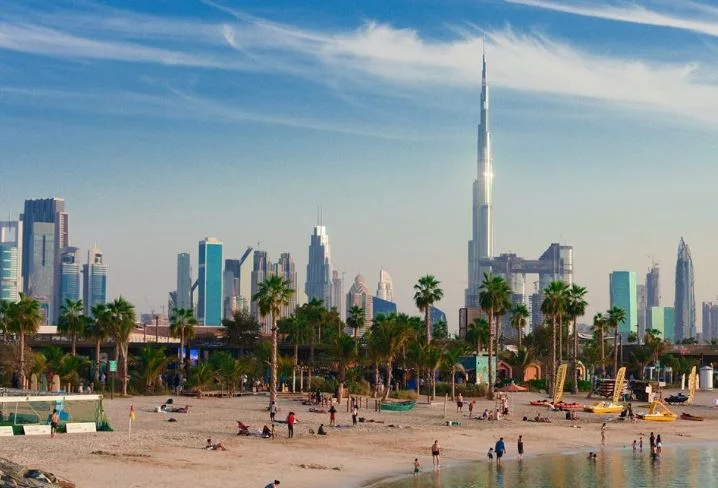All in Investors
New committee to streamline Real Estate Development
A Higher Real Estate Planning Committee has been established in Dubai to bring about a right balance between supply and demand, avoid launching similar real estate projects and ensure projects add real value to the national economy.
In a Tenant-friendly Market, Landlords dig in for the Long Haul
A considerable portion of the expat population in Dubai still stays in rented homes. A lot of them, unsurprisingly, are now enjoying what is deemed a tenant-friendly market where rents are softening across different communities.
UAE extends Long-Term Visas to High Earning Executives
The UAE has said foreign executive directors will be eligible for long-term residency permits if they earn a monthly salary of AED 30,000 ($8,200), in a sign the Gulf nation is easing regulations to ensure sustained growth in the economy.
Property Demand and Supply: it’s a balancing act
Around 126,000 new units are expected to enter the Dubai real estate market by the end of 2020, as most developers in Dubai are focusing on handing over properties around the Expo event.
Expected Off-Plan Handovers 2019-2022
The significant increase of units handed-over in 2019 will result in the supply of rented accommodation and properties for sale being greater than the level of demand from tenants and buyers. Therefore, in most areas the rents achieved and sold prices are likely to decrease for the short-term.
Dubai’s Real Estate Market Held Steady During Ramadan
Dubai’s real estate market did not slow down during the holy month of Ramadan, a period typically marked by fewer home sales, according to a report Tuesday from real estate website Property Finder.
"Huge jump in Property Prices likely in 2020"
For those looking to buy property in Dubai, now seems as good a time as any. But are investors likely to see a return on investment anytime soon?
Gold Card Visa Residency System a 'game changer' for UAE Property Market
The UAE’s decision to grant permanent residency to investors and entrepreneurs is an important boost to the country’s property market, according to Property Finder.
What will the impact on the Dubai Property Market be post Expo 2020?
Actions are being taken to maximize the Expo's economic impact, minimize market fluctuations and avoid any withdrawal symptoms once visitor numbers recede after the event.












